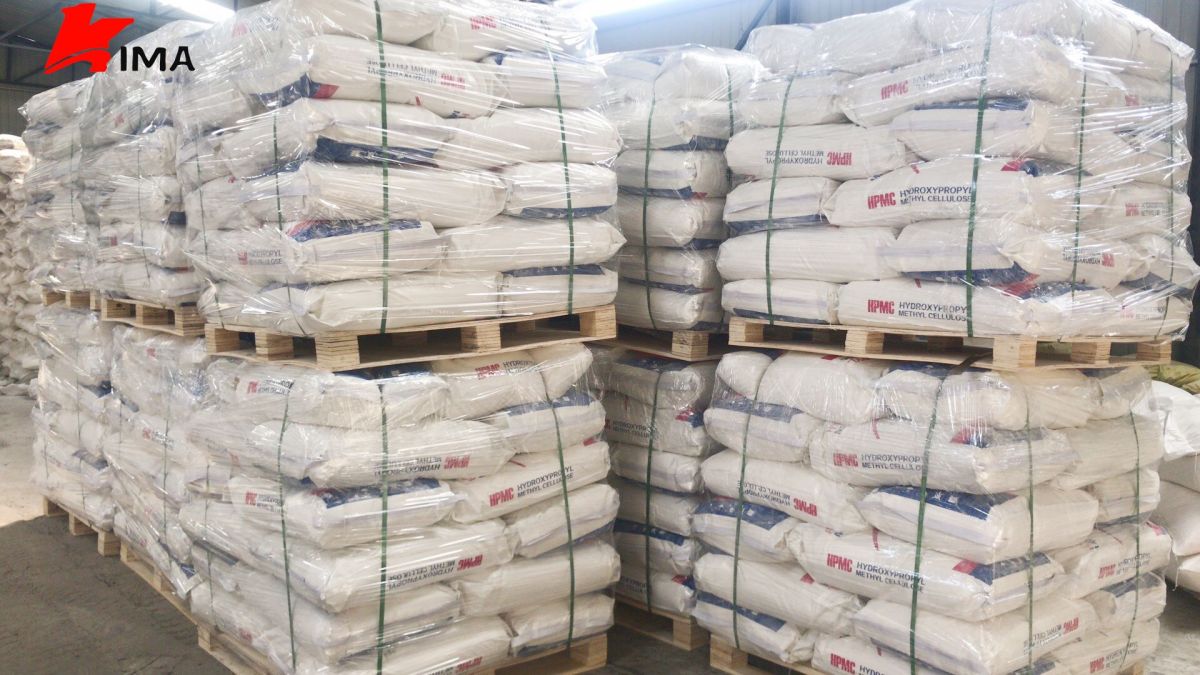Why is HPMC used in dry mix mortar?
Why is HPMC used in dry mix mortar?
HPMC (Hydroxypropyl Methyl Cellulose) is widely used in dry mortar formulations for the following reasons:
Water retention: HPMC is used as a water retention agent in dry mortar. It absorbs water and forms a gel-like film around the cement particles, preventing excessive evaporation of water during curing. This helps the mortar to work longer, improving its application properties.
Improved Workability: By enhancing water retention, HPMC improves the workability of dry mortars. It helps maintain a consistent consistency and smooth texture, making it easier to mix, spread and spread the mortar on a variety of surfaces.
Enhanced Adhesion: HPMC helps to improve the adhesion of dry mortar. It forms cohesive bonds between the mortar and the substrate, increasing the overall bond strength. This is especially important in tile adhesives, as proper bonding is critical for long-term durability.
Reduces sag and slump: Adding HPMC to dry mortar formulations can help reduce sag and slump. It provides thixotropic properties, meaning that the mortar becomes less viscous when subjected to shear forces (for example, during mixing or spreading), but returns to its original viscosity when the force is removed. This prevents the mortar from sagging or drooping excessively, especially when working on vertical surfaces.
Crack resistance: HPMC improves the crack resistance of dry powder mortar. It helps reduce the shrinkage of the mortar as it dries, minimizing the occurrence of cracks. The enhanced water retention properties of HPMC also contribute to the overall durability of the mortar.
Improved open time: Open time is the duration that mortar remains usable after construction. HPMC extends the open time of the dry mortar, allowing for longer working times, especially where extended application times are required.
Freeze-thaw stability: HPMC improves the freeze-thaw stability of dry mix mortar. It helps prevent damage to the mortar during repeated freeze-thaw cycles, increasing its durability in cold weather conditions.
Overall, HPMC is used in dry mortar formulations to improve water retention, workability, adhesion, crack resistance, and other properties. Its versatility makes it a valuable additive in a variety of construction applications, including tile adhesives, plasters, grouts and plasters.
